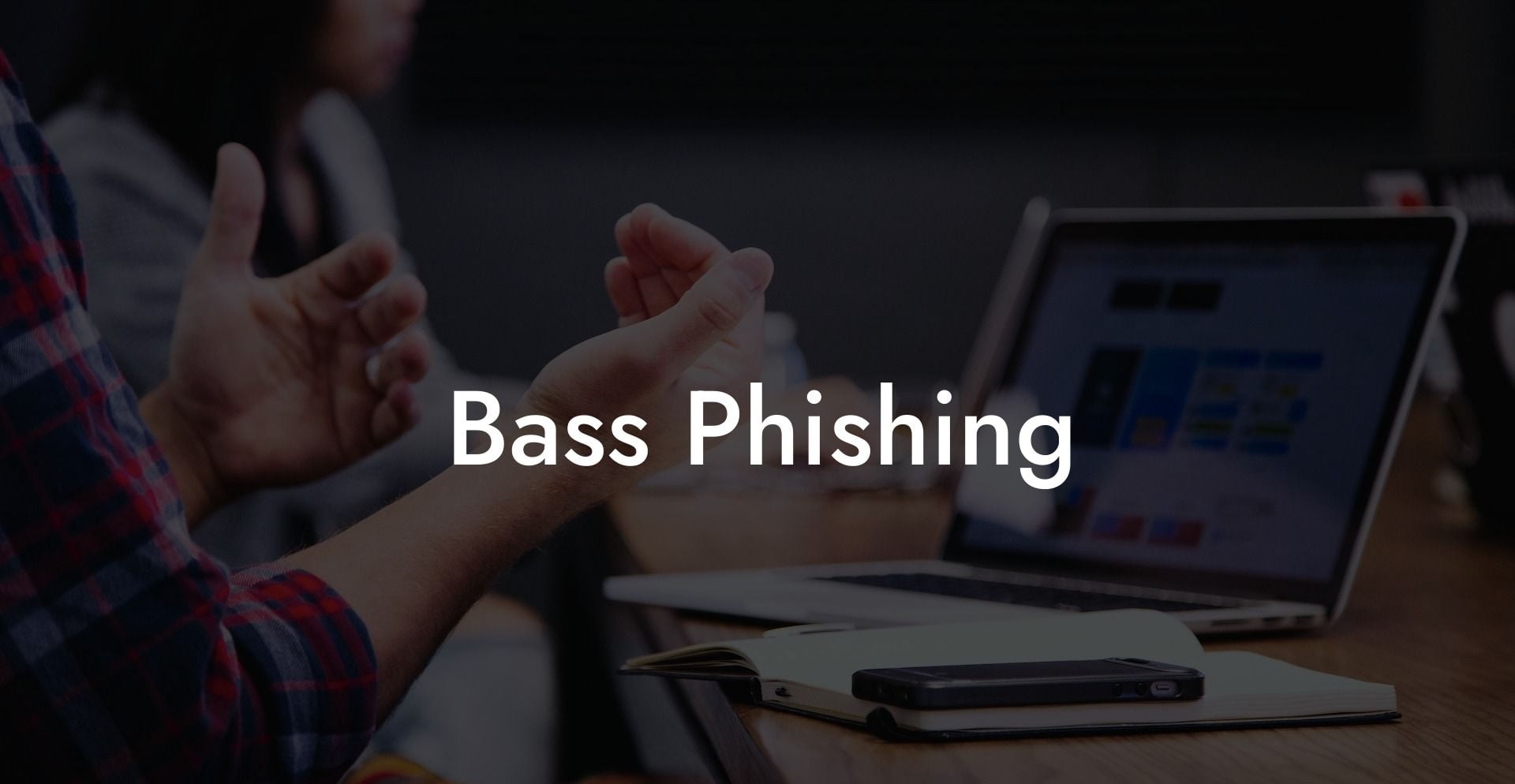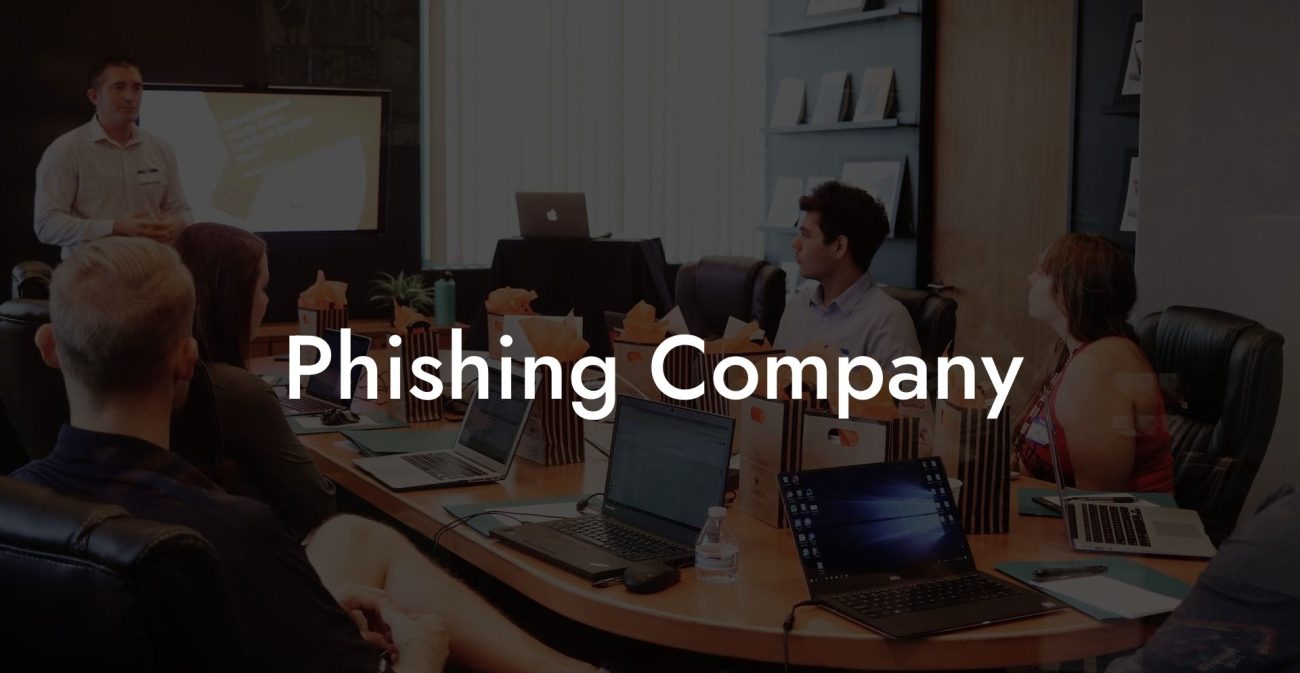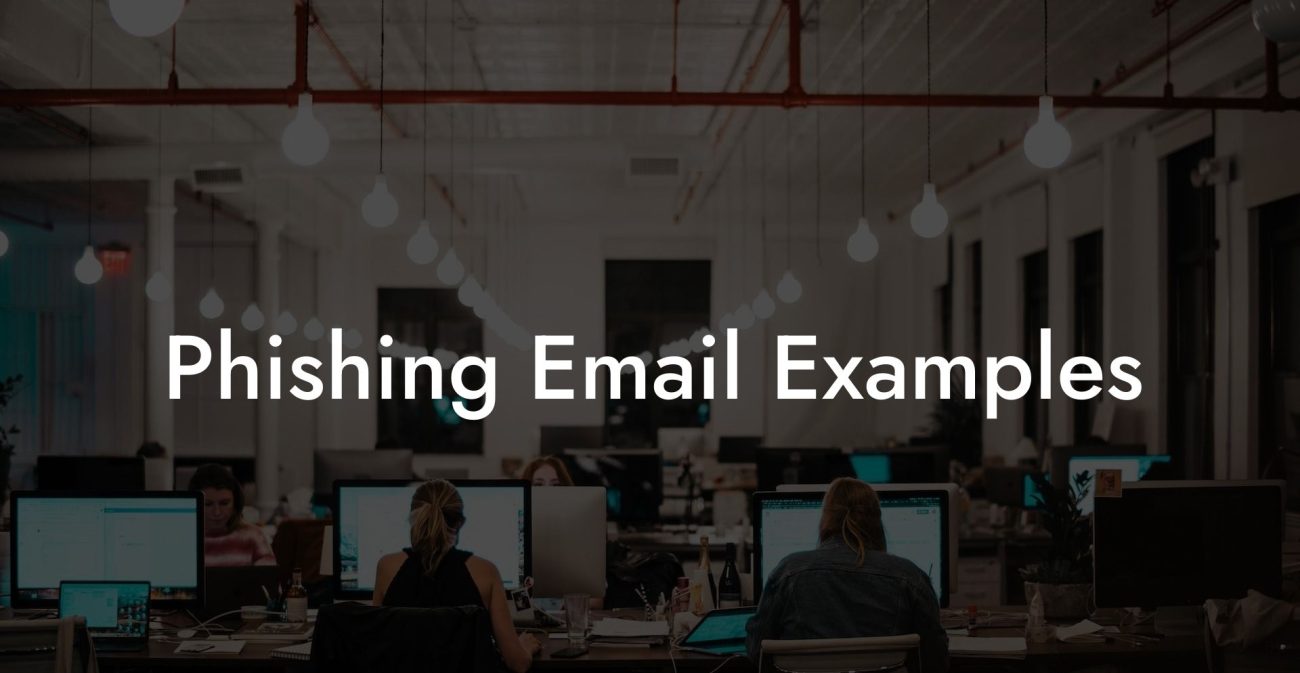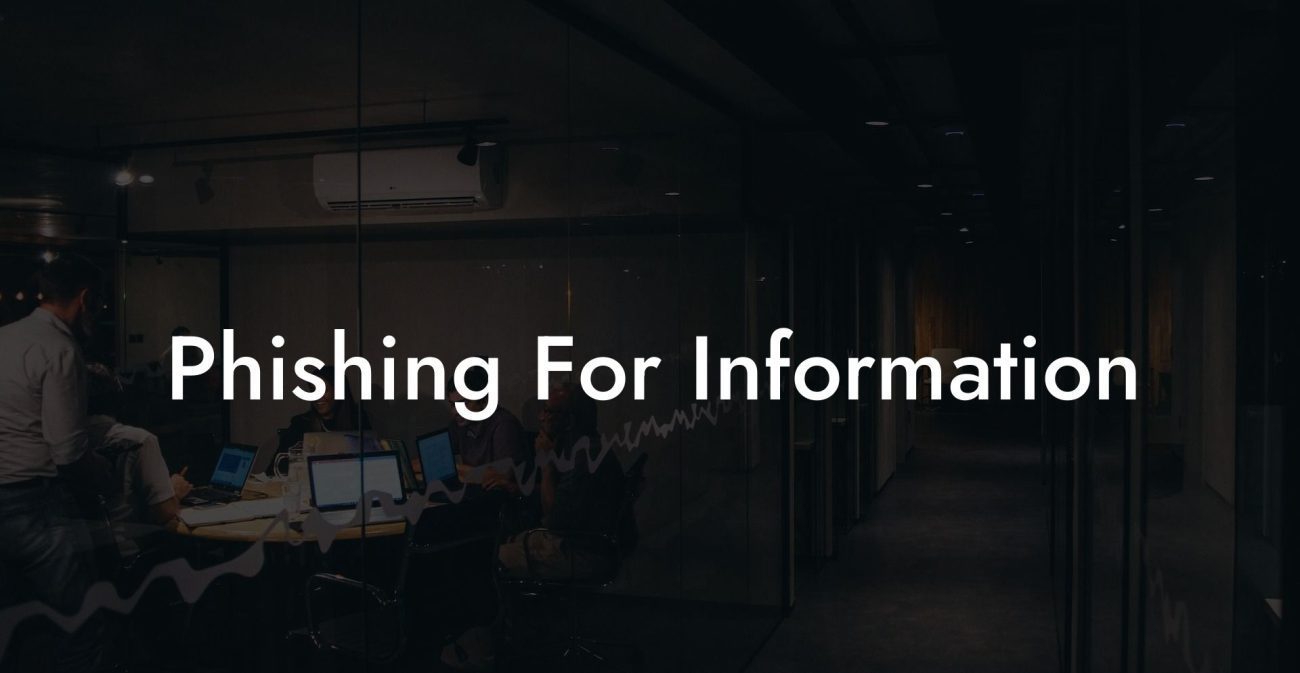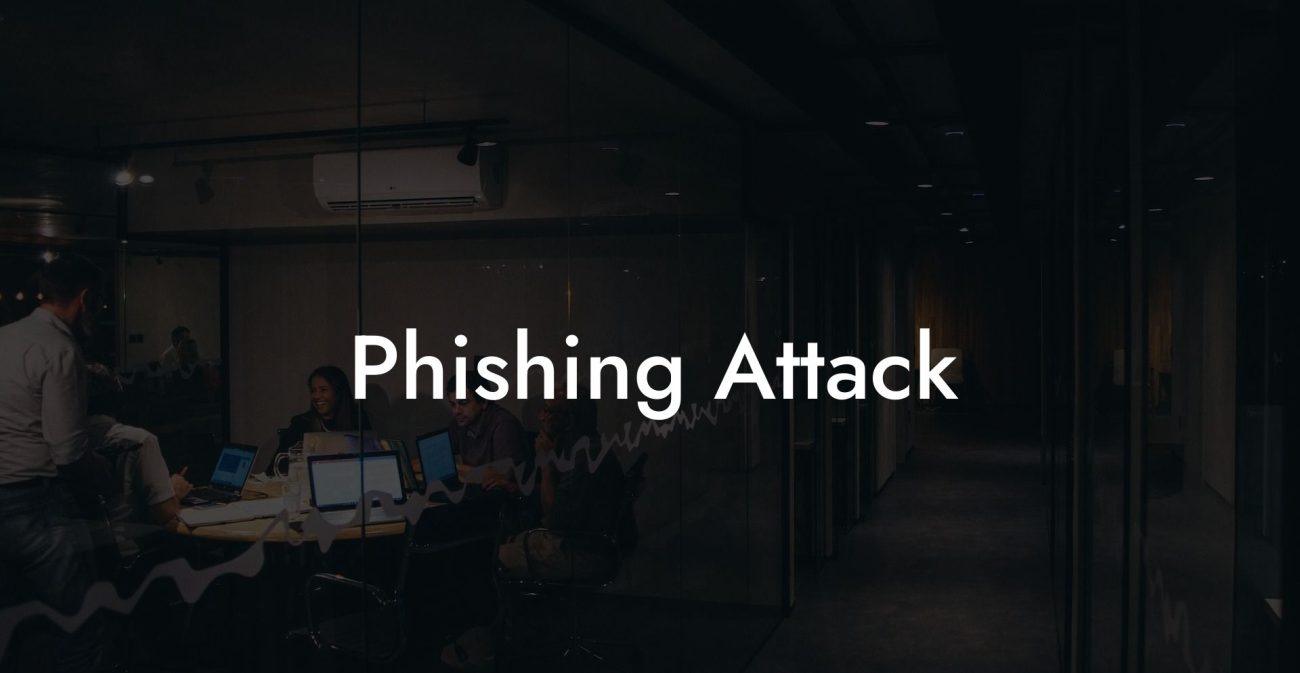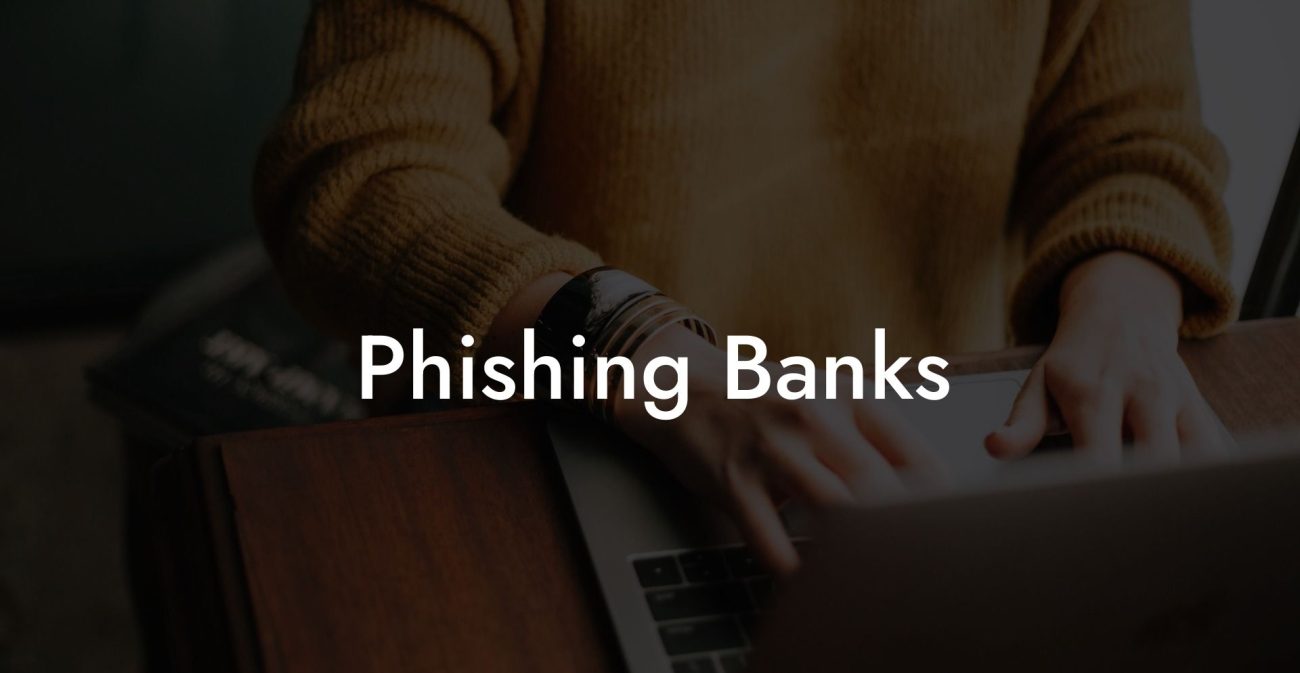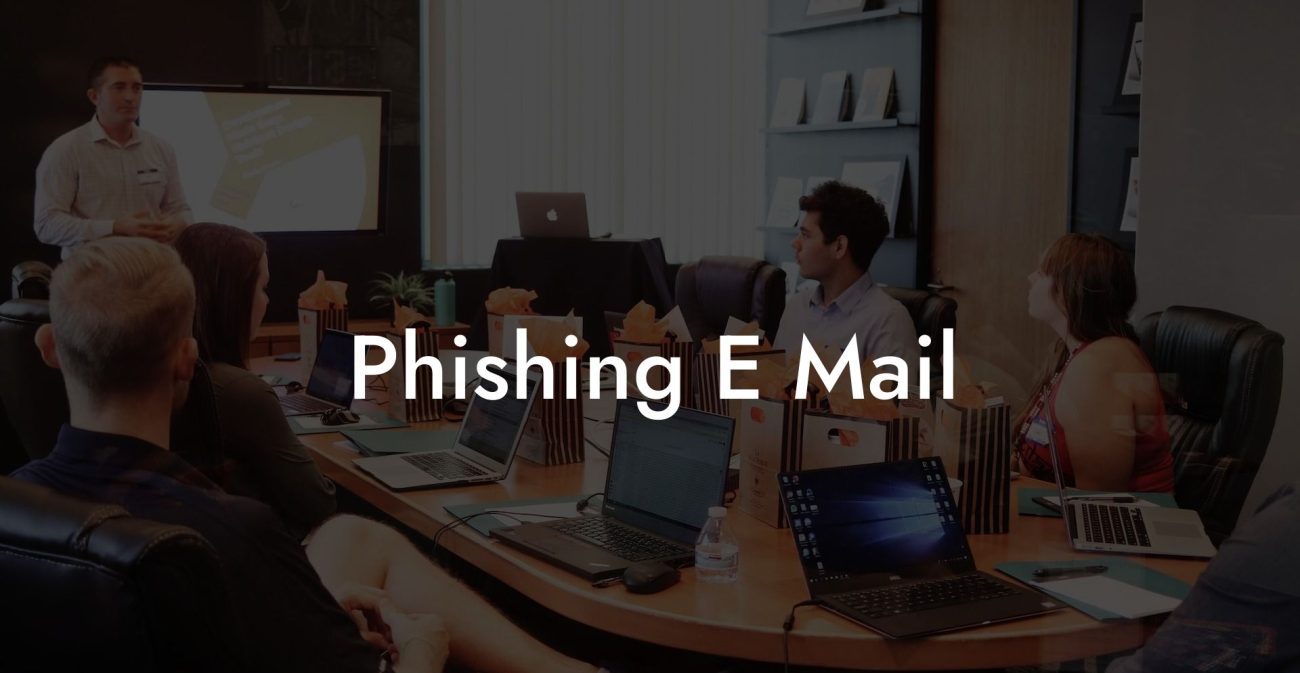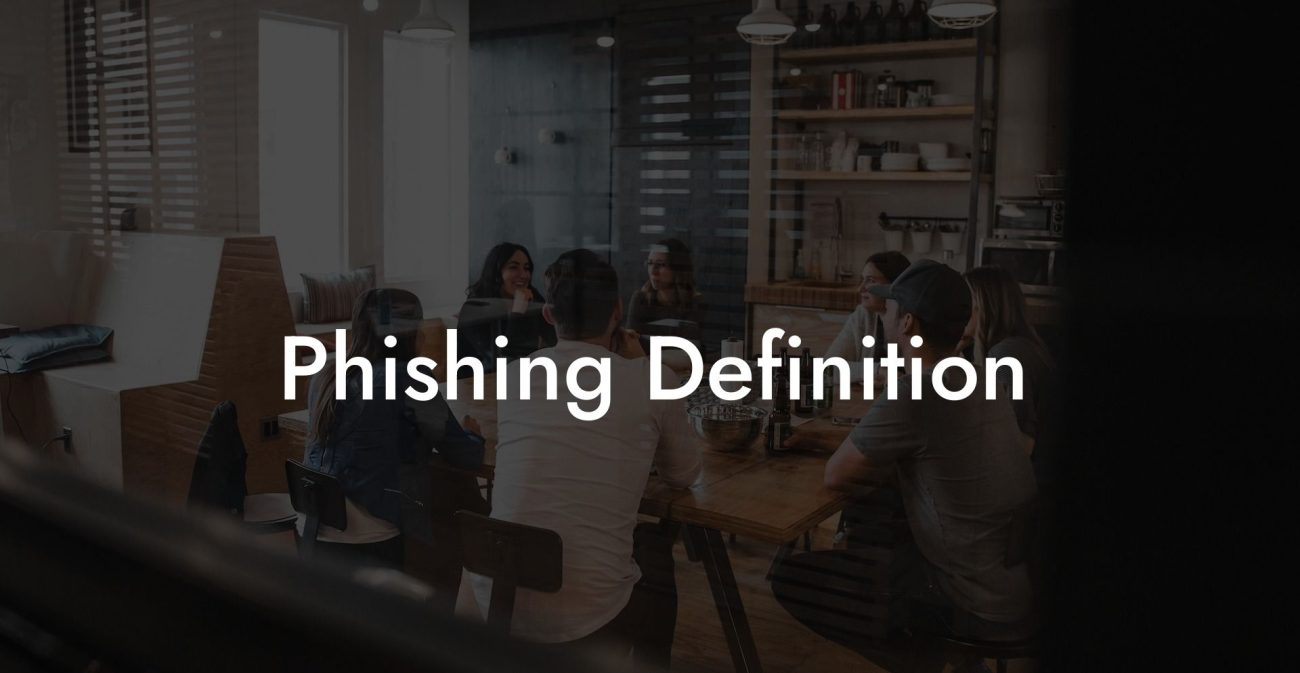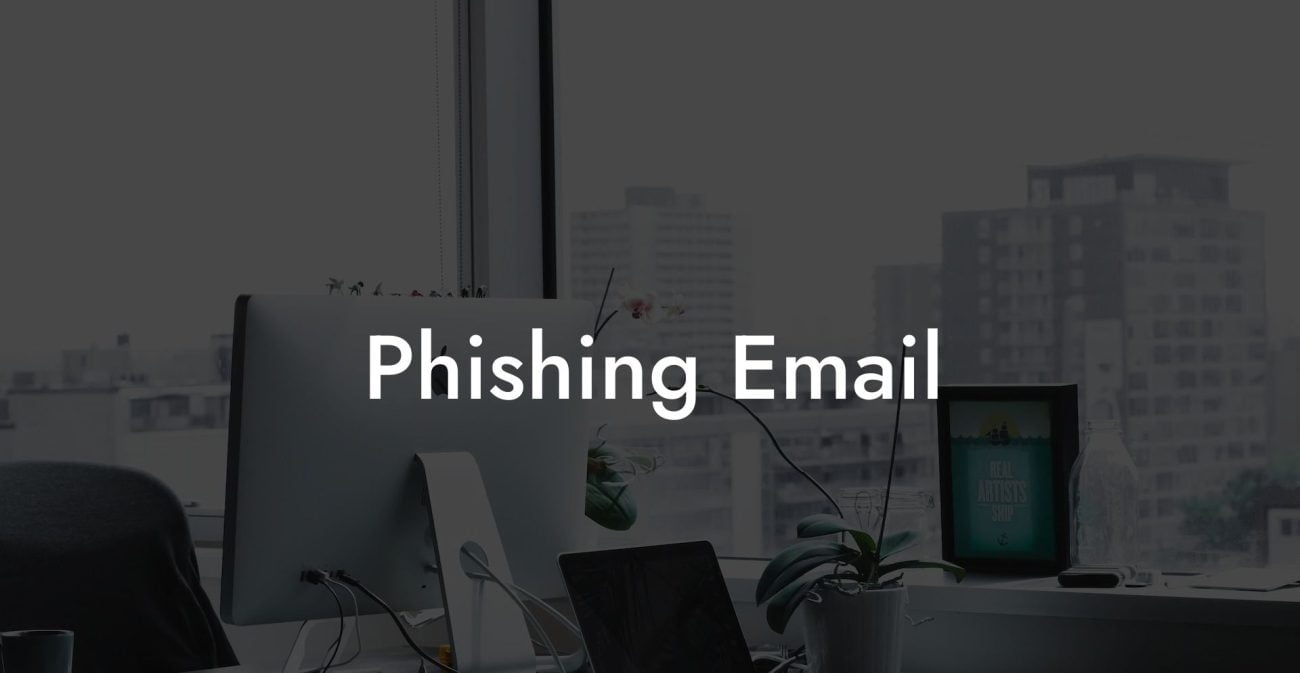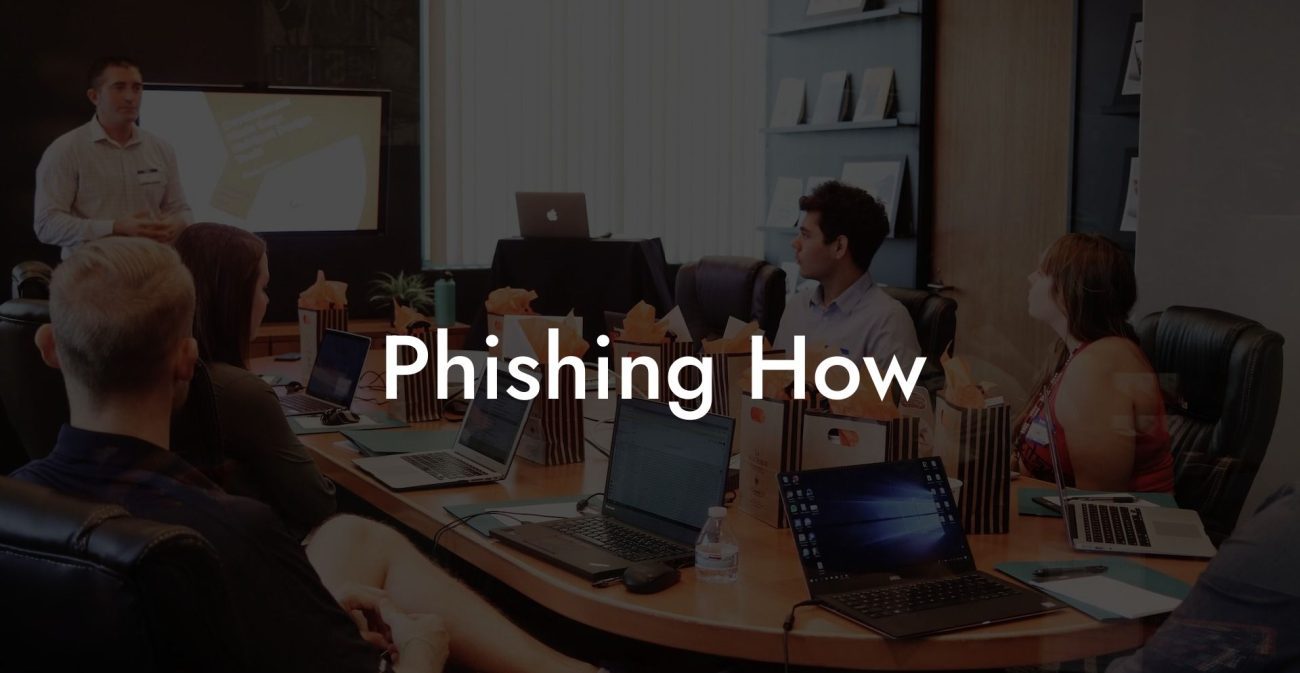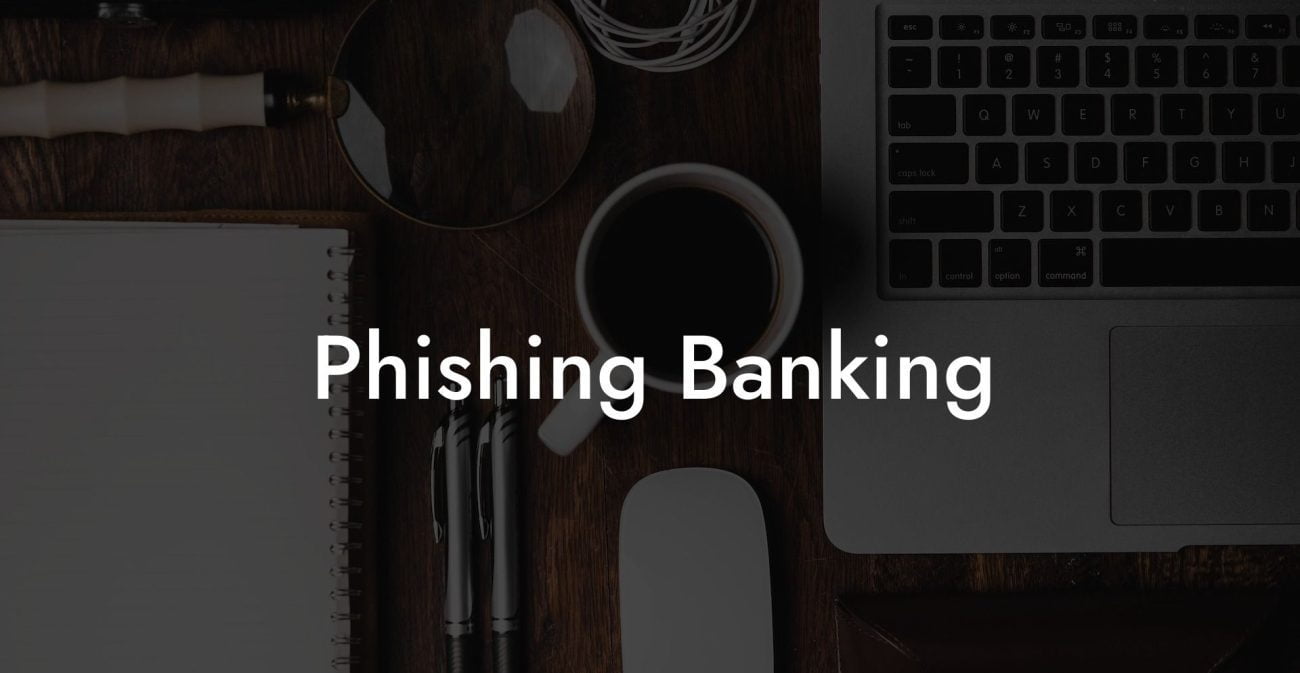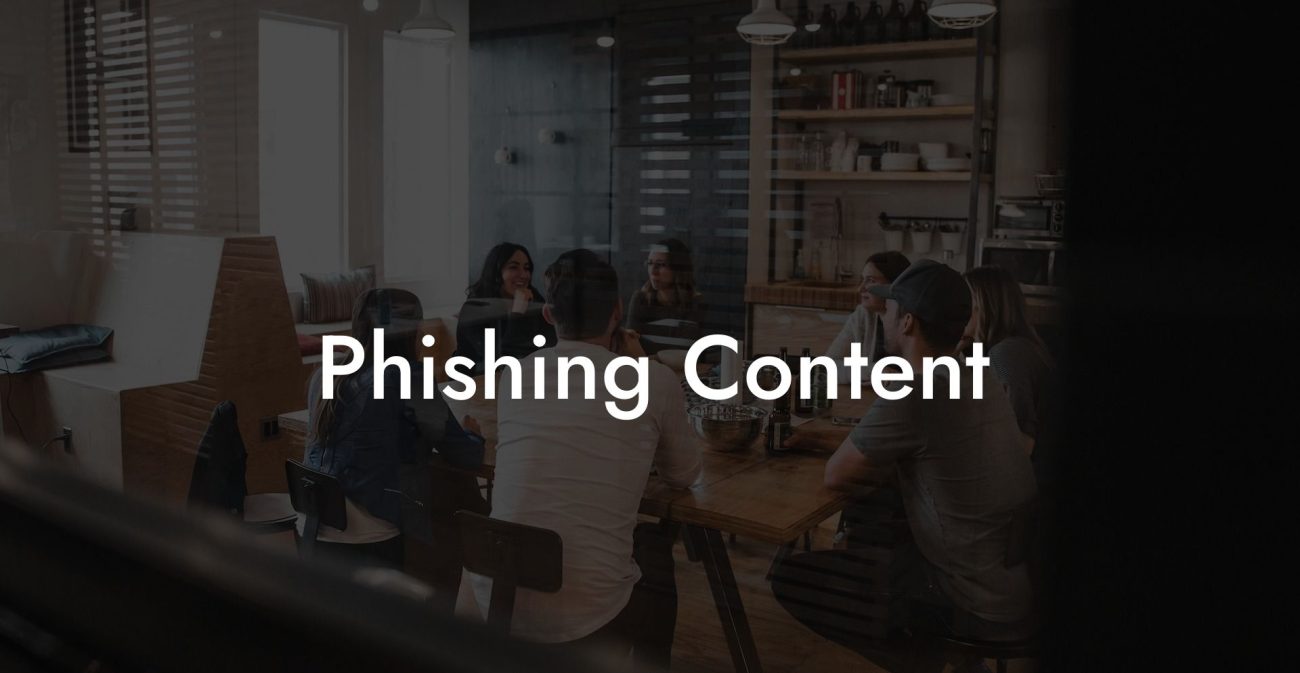Voice phishing or "vishing" scams have become an increasingly popular and effective technique for cybercriminals to exploit and manipulate unsuspecting victims. But do you know about "Bass Phishing"? In the world of vishing, bass phishing refers to the use of audio manipulation tactics by scammers to deceive their targets, causing them to reveal sensitive information, such as bank account details, or execute unauthorized transactions. This blog post will delve into the specifics of bass phishing, provide a realistic example of how it works, and discuss measures you can take to protect yourself.
Vishing is a type of social engineering attack that leverages persuasive and convincing phone calls to deceive individuals, while bass phishing focuses on manipulating audio to impersonate a legitimate person, organization, or authority figure. In most cases, the attacker disguises their voice, mimicking the tone, accent, and language quirks of the intended impersonation target. This method is highly effective because humans tend to be more trusting and vulnerable when speaking with someone who sounds familiar.
Protect Your Data Today With a Secure Password Manager. Our Top Password Managers:
The technology used for audio manipulation has evolved rapidly, enabling scammers to create highly realistic imitations of people's voices relatively easily. Most bass phishing attacks incorporate artificial intelligence (AI)-based voice synthesis software, which can analyze samples of the target's voice to generate a very similar sound. In some instances, deepfake technology is employed to further enhance the deception, producing remarkably convincing and undetectable imitations.
Bass Phishing Example
Imagine receiving a call from a person who sounds like your manager. The caller uses your manager's distinctive speaking style and mentions information that only your manager would know. They urgently request your help in handling an emergency financial situation and assure you that there will be repercussions if you fail to comply immediately.
Unbeknownst to you, this "manager" is actually a scammer who has used AI-fueled voice synthesis software to recreate your manager's voice. They gathered specific personal and organizational data through other reconnaissance tactics, such as data breaches, social media mining, or successful spear-phishing attacks, to add credibility to their story.
In good faith, you provide sensitive information or perform a bank transaction, thinking that you're acting in the best interests of your employer. However, as soon as the scammer gets what they want, they quickly retreat, leaving you to bear the financial and reputational consequences of the unauthorized transaction.
How to Protect Yourself from Bass Phishing
The best defense against bass phishing attacks is awareness and vigilance. Here are some tips to help you identify and prevent falling victim to such scams:
1. Never share sensitive information over an unsolicited phone call. Instead, hang up and call the person back using a verified phone number you have for them.
2. Be cautious of out-of-the-ordinary requests, even from familiar voices.
3. Verify the identity of the caller by asking them to provide information that only the person they're claiming to be would know.
4. Use a second method of communication, such as email or texting, to confirm the legitimacy of the request.
5. Look out for signs of voice manipulation, such as an unusually monotone or robotic voice.
The ever-evolving world of cybercrime can be overwhelming, but educating yourself about increasingly sophisticated attack methods, such as bass phishing, is the first step to preventing cybercriminal exploitation. By being alert, vigilant, and proactive, you can protect your personal data, financial security, and overall digital safety.
If you find the information in this blog post to be helpful, please share it with friends, family, and colleagues to increase awareness of bass phishing and voice phishing scams. In addition, be sure to explore other Voice Phishing blog posts for more valuable resources and insights that can help strengthen your online security.
Protect Your Data Today With a Secure Password Manager. Our Top Password Managers:

